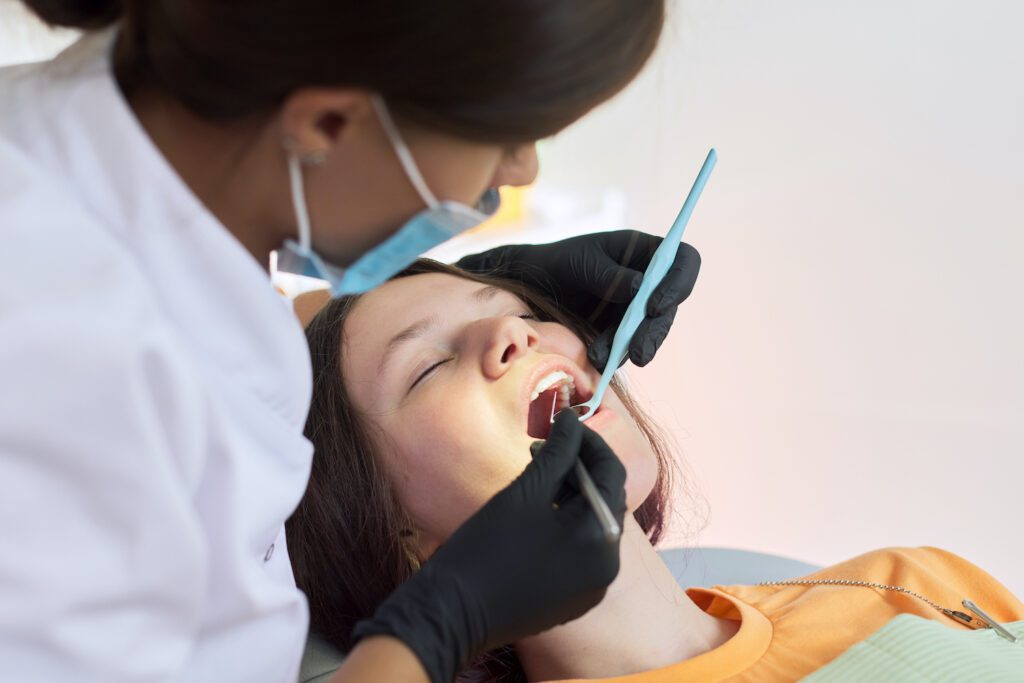The crown of our tooth is one of the most important parts of its anatomy. It’s what we use to chew our food and talk. When it suffers damage, it can lead to even worsening dental conditions. Restoring your tooth with a dental crown in Dallas, TX, could help prevent damage, decay, and the need for extraction. But a dental crown isn’t the only way you can help restore your tooth. Which treatment you need often depends on the location, size, and scope of the damage.

Restoration Options for a Dental Crown
Prior to starting treatment, your dentist will need to examine the affected tooth to determine the scale of damage. This often includes taking X-rays to see how deep the damage goes or if there are any problems with your tooth’s root structure. Treatment options depend on how much of the crown is damaged and if any other layers of your tooth are also at risk.
Dental Fillings and Bonding
If the damage is smaller in scale, your dentist may be able to restore your crown with a filling or dental bonding. Both procedures use a composite material to shape and restore your tooth. Dental bonding may be recommended for teeth that are in your smile line. This is because bonding provides a greater control over the aesthetic results of treatment.
Inlays, Onlays, and Crowns
If the damage is wider or more extensive, then a filling may not be enough to fully protect your tooth. In this case, a restoration made from ceramic or porcelain may be crucial to help prevent further damage. Inlays, onlays, and dental crowns all work to help restore your tooth. Which treatment your dentist recommends will be based mainly on the location of the damage and the tooth affected. For all procedures, you’ll often need at least two appointments to complete treatment.
Extraction and Implant Placement
In some cases of extreme damage or decay, your tooth may not be salvageable. If this is true, then extracting the tooth is often best to preserve the rest of your oral health. When planning an extraction, it’s also a good idea to start the implant process to restore your bite. In some cases, you may be able to get bone grafting and immediate implant placement at the time of extraction.
If you have tooth damage, quick restorative treatment is key to maintaining your oral health. At East Quarter Dental, we provide a wide range of restorative dentistry options to meet your needs. Call us today at 469-529-5401 to schedule a consultation and see which treatment option is right for you.
